Liverpool School of Tropical Medicine (LSTM)
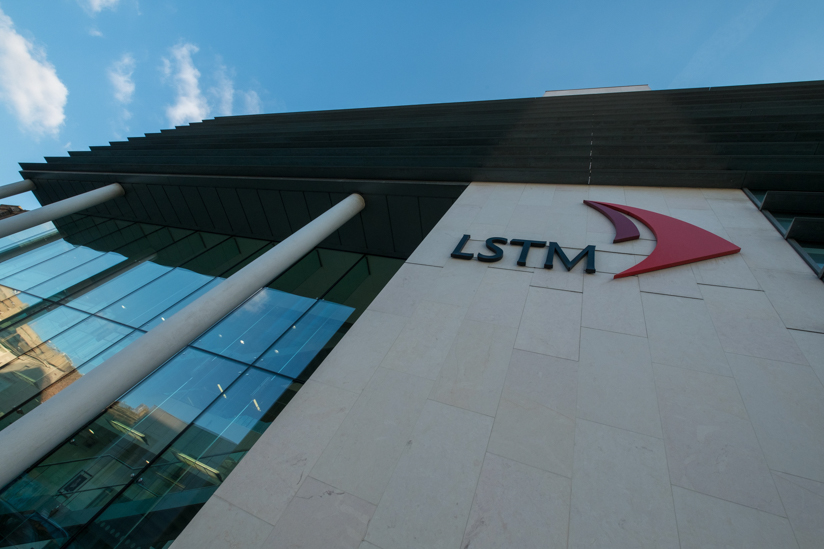
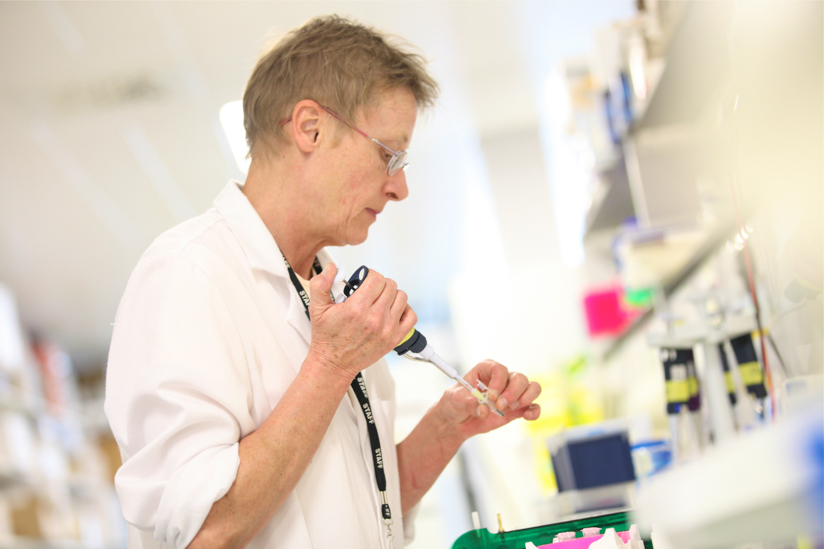
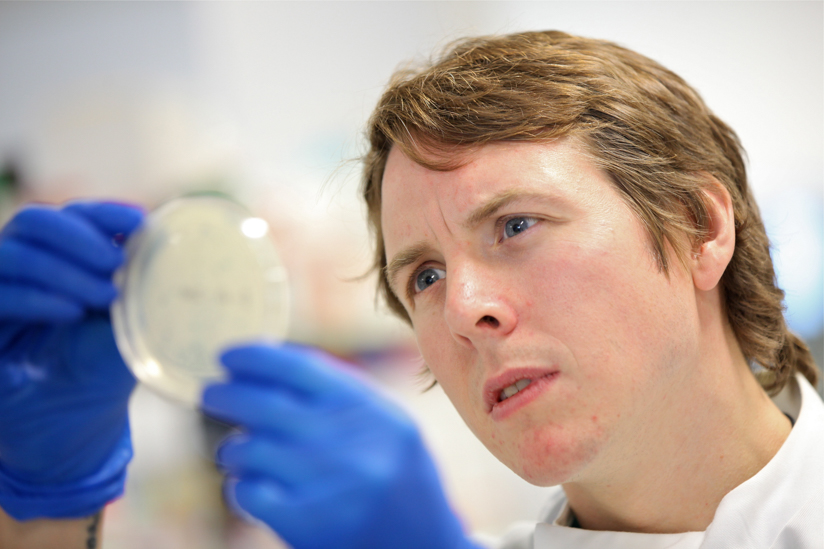
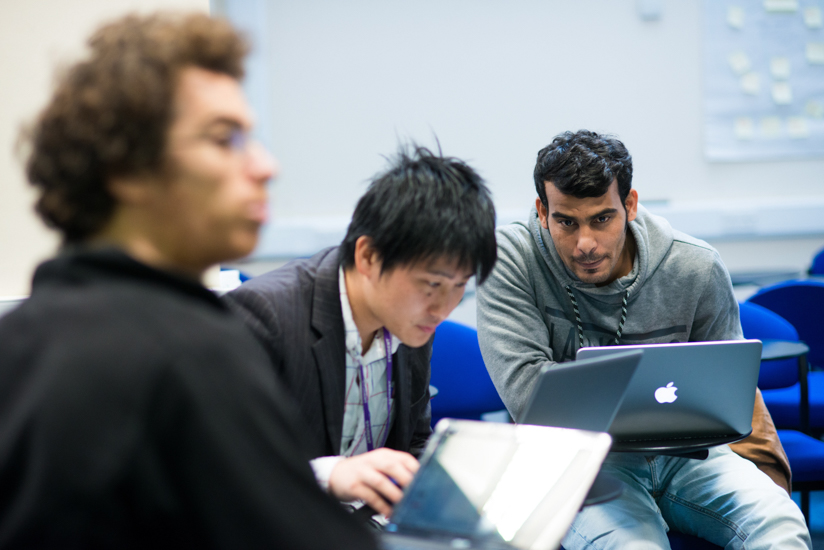
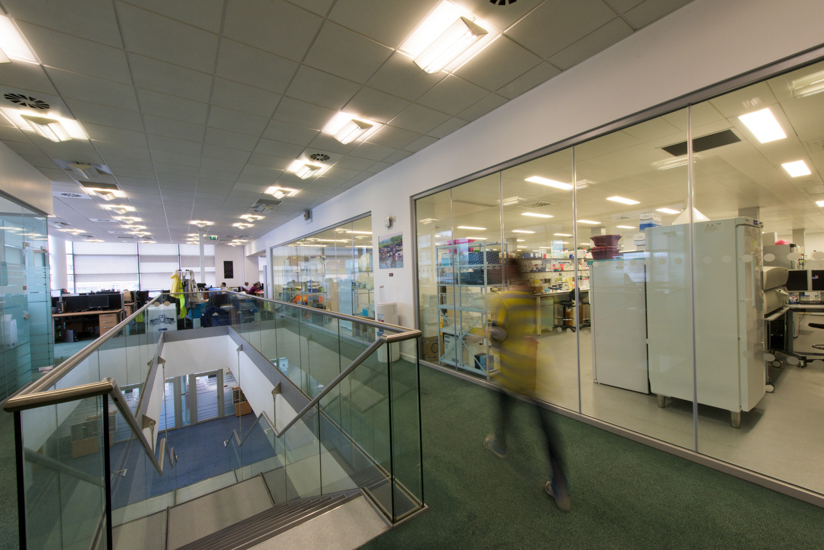
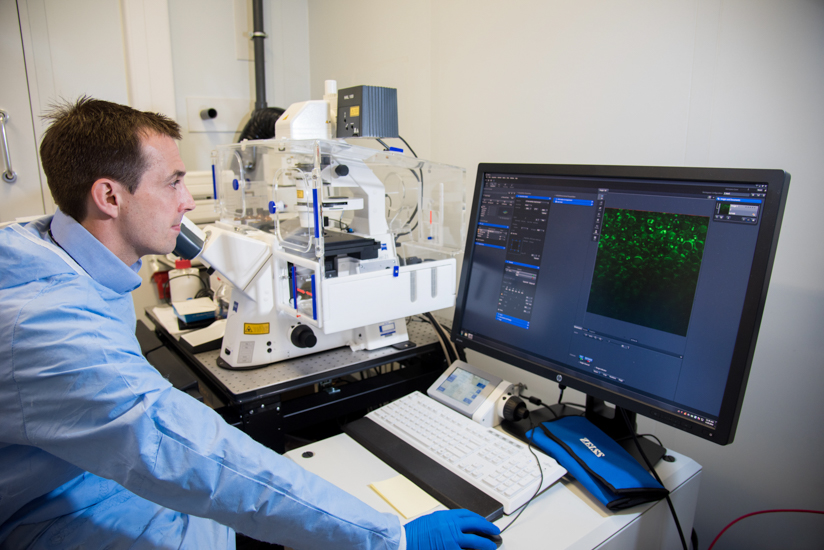
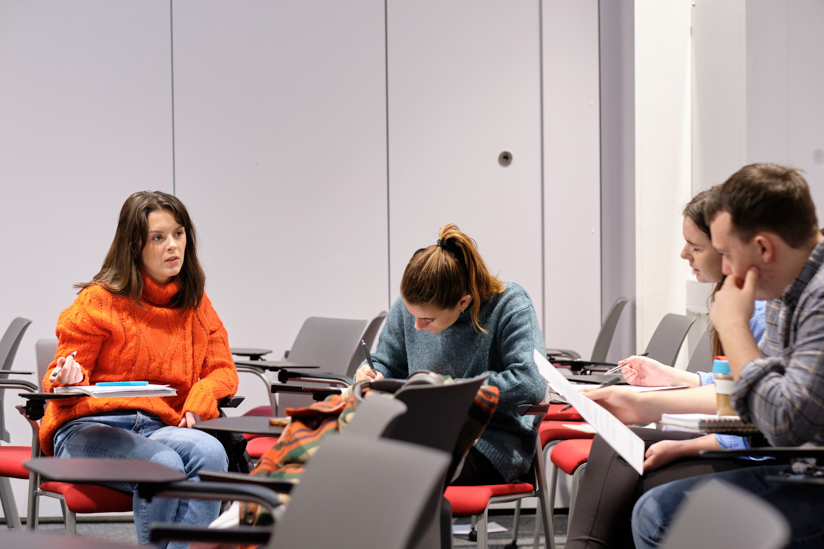


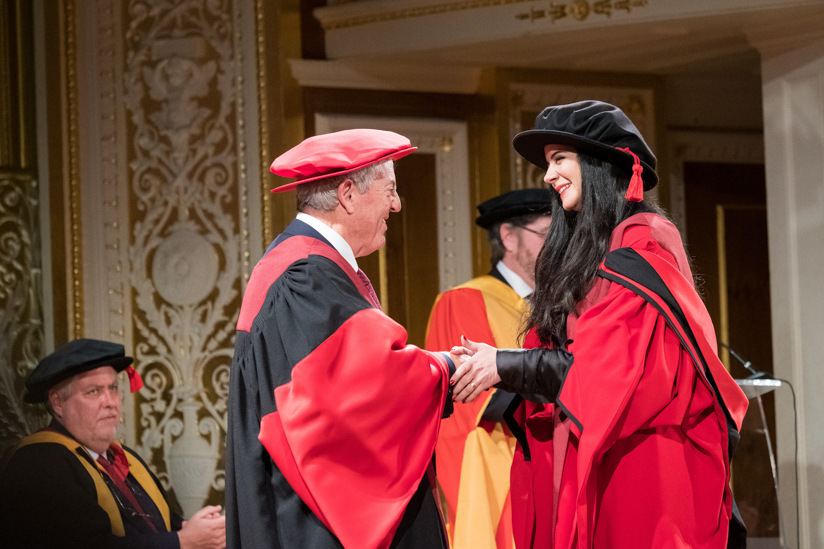
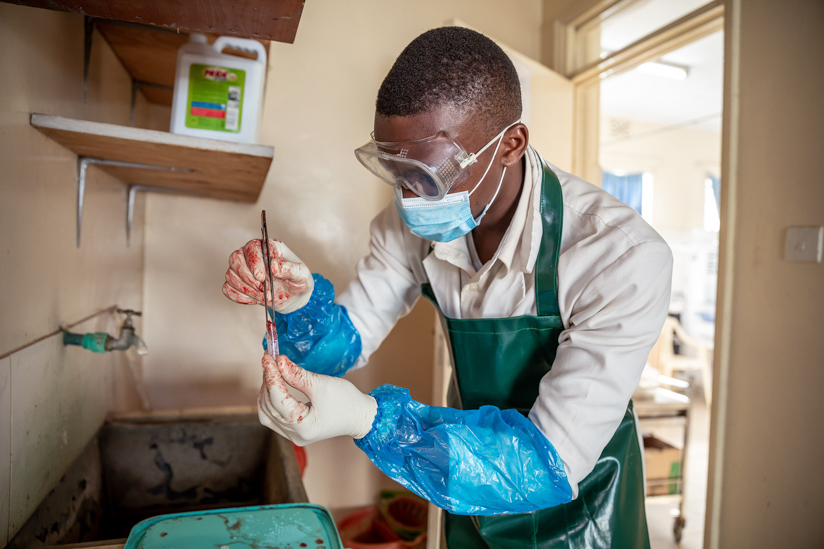
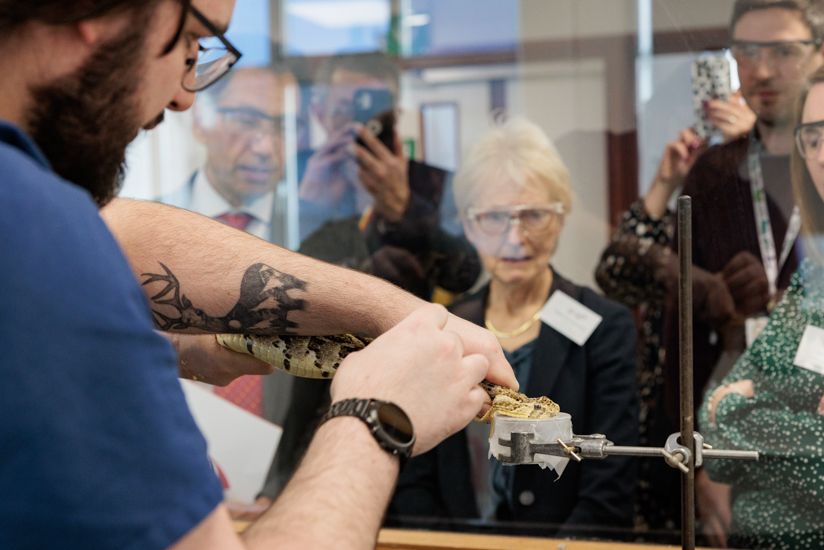

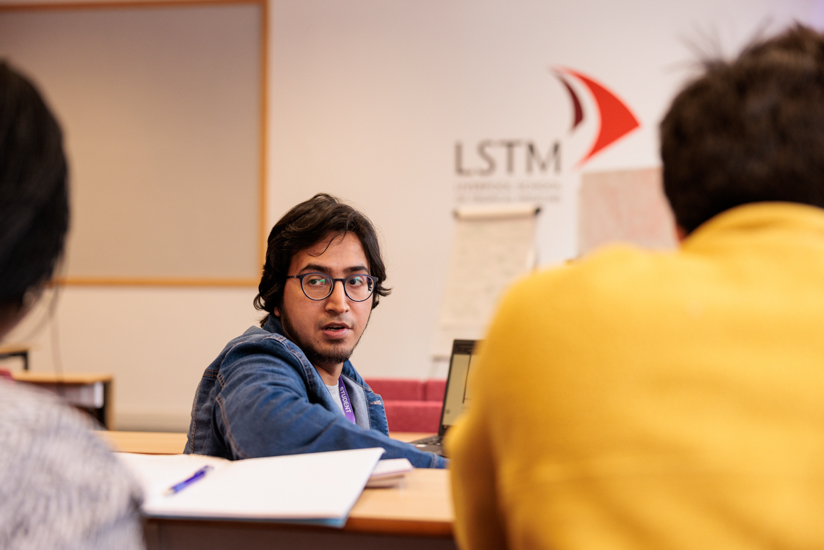


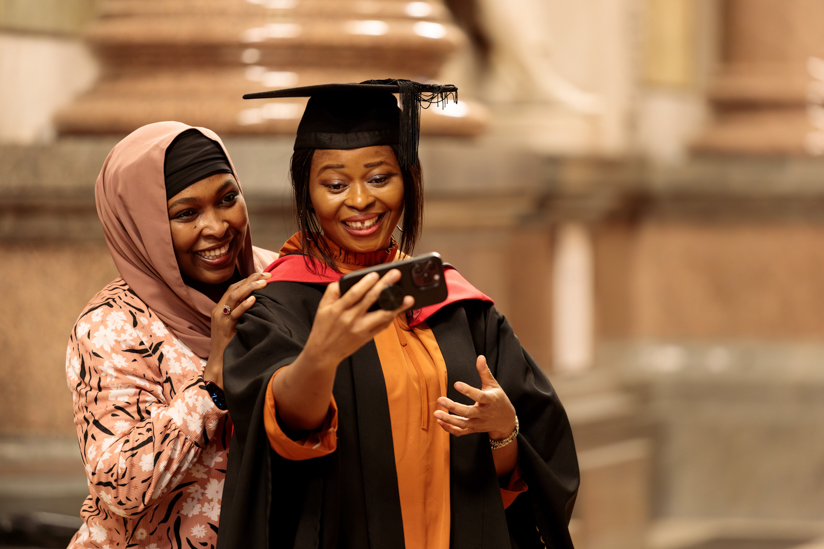











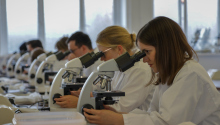
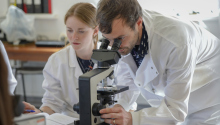












About
Liverpool School of Tropical Medicine (LSTM), founded in 1898, was the first institution in the world dedicated to the research and teaching of tropical medicine.
125 years later, LSTM is a world-leading institution which develops pioneering research and has taught generations of global health leaders.
In recognition of the global impact and influence of LSTM, they are one of only 21 schools named ‘World Leading Specialist Provider’ by the English Higher Education Regulator.
Addressing the world’s biggest health challenges
Those who join LSTM do so with one goal in mind – their mission: Improving health outcomes in disadvantaged populations globally through partnership in research and education.
By choosing to study with LSTM, you can expect a programme that is grounded in the latest research, taught by lecturers and professors who are experts in their field, many of whom have lived clinical experiences.
By joining LSTM, you will study at a university that is ranked in the top 6% of universities in the world (Global 2000 list CUWR 2023) and has been shortlisted as University of the Year in the Times Higher Education Awards (2023).
You’ll benefit from:
- The opportunity to work with passionate and talented experts, joining a community where you are recognised as an individual.
- Access to state-of-the-art facilities, including the multimillion-pound Pembroke House, which offers innovative technology to support knowledge sharing and collaboration.
- Support to ensure you achieve your full potential – from researchers and clinical practitioners who contribute to your academic experience, to professional services staff who support your wellbeing.
- Collaboration – build your professional links through the school’s international networks and partners in over 70 countries
- The opportunity to build global networks, nurture lifelong friendships and develop valuable professional relationships.
- Choose from a range of courses – master’s, research degrees or professional short courses, in Liverpool or online. Join a community of people committed to making a positive impact on the health of the most disadvantaged communities across the globe.
Find out more about life at Liverpool School of Tropical Medicine via its social media channels, including Twitter, Linkedin, Instagram, Facebook and YouTube.
When you choose to study at LSTM you will join an institution that has been at the forefront of innovation since 1898.
Pembroke House
The multi-million-pound, state-of-the-art Pembroke House offers flexible study spaces and immersive reality suites, enabling you not just to learn but to put your learning into practice in a supportive environment. The professional multi-use space can be used to meet academics, partners and industry teams and supports collaborative innovation, research and design. The building can be accessed between 9am and 6pm during term-time and has facilities for students and colleagues to connect online from wherever they are.
CITD Building
The CITD building has three floors of laboratories and insectaries used by the Tropical Disease Biology and Vector Biology departments, where world-leading scientists work with infectious diseases. These are up to Containment Level 3 where Hazard Group 3 pathogens are handled - the school has among the highest number of purpose-built Containment Level 3 laboratories in the country.
Centre for Drugs and Diagnostics
The Centre for Drugs and Diagnostics was used to screen validate potential drugs, and develop new diagnostic tests as part of the COVID-19 response. The Clinical Diagnostic Parasitology Laboratory (CDPL) is a UKAS accredited pathology laboratory that provides a diagnostic parasitology service for the NHS and other users in the UK and Europe. The CDPL examines different samples to aid clinicians and health professionals with their patient management. In January 2024, the Centre was awarded £10m from Research England to support the expansion of the breadth and depth of its research portfolio.
Clinical Research and Training Open Resource Programme
The Clinical Research and Training Open Resource Programme (CREATOR) is a partnership between the College of Medicine at the University of Malawi, University of Liverpool and LSTM, with funding from the Wellcome Trust. Based in the grounds of the Queen Elizabeth Central Hospital in Blantye, Malawi CREATOR will expand the training of doctors and scientists and the building is expected to have facilities including laboratories, collaborative spaces and innovative teaching and learning facilities.
Library open 24/7
The library at LSTM supports students and staff in all areas of research and study. It is open 24/7 for studying and staff are available to support from Monday to Friday 9am-5pm.
Collections include access to specialist databases, the LSTM Online Archive and historical archive, and an extensive collection of eBooks, journals and print books. You can access a range of specialist databases containing academic research from the Web of Science, PubMed, the Cochrane Library, CINAHL Complete, MEDLINE Complete, Global Health, Global Health Archive, Altmetrics and SciVal.
Weston Active Learning Lab
The Weston Active Learning Lab is a cutting-edge multifunctional learning environment offering you a unique on-and offline teaching and collaborative experience.
Liverpool is a lively, dynamic city with a student population of over 60,000 – one of the largest in the UK. An impressive mix of cultural, historic, music, sporting and outdoor attractions means it offers an unparalleled student experience.
LSTM is based in the heart of Liverpool’s Knowledge Quarter (KQ), home to some of the world’s most influential names in life sciences, health, technology, culture, research and education.
With over £1bn of new developments completed or underway, and a further £1bn in the pipeline, KQ Liverpool continues to attract new investment, bringing exciting research, education and collaborative opportunities.
As the fifth largest city in the UK, Liverpool is one of the most affordable places to live in terms of accommodation and cost of living.
Liverpool is one of the most multicultural cities in the UK. It is well known for being welcoming and has been voted the 2nd most friendly in the UK (Explore Liverpool, 2021) and in the top 10 friendliest cities in the world (Rough Guide, 2023).
Home to a wide range of religions and communities from all over the world you can be sure of a warm welcome in Liverpool.
Liverpool is well connected by intercity train and bus networks across the UK. Flights to and from Europe arrive daily at Liverpool John Lennon airport, just 30 minutes from the city centre. There is also a direct ferry service to Belfast in Northern Ireland from Liverpool.
With more museums and art galleries than any other UK city outside London you will always find something new to do in Liverpool. Music, art, cinema, theatre, poetry and literature, as well as a thriving restaurant scene offer an exciting and diverse calendar of events.
All courses at the Liverpool School of Tropical Medicine are subject to specific entry requirements for academic experience and English language proficiency.
More details of the academic entry requirements for each of our courses can be found on the LSTM website study pages: lstm.ac.uk/study
English language requirements
All courses are taught in English. If English is not your first language, you will need to take an approved language test and provide evidence of an IELTS (International English Language Testing System) score of at least 6.5 with a minimum of 5.5 in all components.
Other English language tests and country specific English language qualifications are also accepted.
Full details of the English language requirements can be found online: lstmed.ac.uk/study
How to apply
You can apply online for all LSTM courses through the MyLSTM student portal. You will need to register for a MyLSTM account to be able to apply.
To register for a new MyLSTM account or log into an existing account go to: myLSTM.com/apply.
With your MyLSTM account, you can:
+ Apply for courses
+ Upload supporting documentation
+ Save or submit your draft application
+ Accept an offer to study at LSTM
+ Keep your account information up to date
If you have low bandwidth or are unable to access the online portal, paper application forms are available on request from MyLSTM@lstmed.ac.uk
Find out more about how to apply.
Tuition fees and scholarships
Scholarships
Scholarships are available for applicants to taught master’s programmes at the Liverpool School of Tropical Medicine.
They are designed to support applicants who are unable to obtain the full tuition fee from other sources and are awarded on the basis of academic merit and specific eligibility criteria.
If you do not meet the eligibility criteria for scholarships, you may qualify for a discount on your tuition fees.
Read advice on how to successfully apply for a LSTM scholarship.
When you join LSTM, you will be joining a global community and professional network.
Our alumni have:
- contributed to the Ebola Response in West Africa.
- treated patients in Haiti after the earthquake.
- been on the first flights to Thailand after the Tsunami.
- negotiated aid in war zones.
- advised the UK government on its response to tropical and infectious diseases.
About
Liverpool School of Tropical Medicine (LSTM), founded in 1898, was the first institution in the world dedicated to the research and teaching of tropical medicine.
125 years later, LSTM is a world-leading institution which develops pioneering research and has taught generations of global health leaders.
In recognition of the global impact and influence of LSTM, they are one of only 21 schools named ‘World Leading Specialist Provider’ by the English Higher Education Regulator.
Addressing the world’s biggest health challenges
Those who join LSTM do so with one goal in mind – their mission: Improving health outcomes in disadvantaged populations globally through partnership in research and education.
By choosing to study with LSTM, you can expect a programme that is grounded in the latest research, taught by lecturers and professors who are experts in their field, many of whom have lived clinical experiences.
By joining LSTM, you will study at a university that is ranked in the top 6% of universities in the world (Global 2000 list CUWR 2023) and has been shortlisted as University of the Year in the Times Higher Education Awards (2023).
You’ll benefit from:
- The opportunity to work with passionate and talented experts, joining a community where you are recognised as an individual.
- Access to state-of-the-art facilities, including the multimillion-pound Pembroke House, which offers innovative technology to support knowledge sharing and collaboration.
- Support to ensure you achieve your full potential – from researchers and clinical practitioners who contribute to your academic experience, to professional services staff who support your wellbeing.
- Collaboration – build your professional links through the school’s international networks and partners in over 70 countries
- The opportunity to build global networks, nurture lifelong friendships and develop valuable professional relationships.
- Choose from a range of courses – master’s, research degrees or professional short courses, in Liverpool or online. Join a community of people committed to making a positive impact on the health of the most disadvantaged communities across the globe.
Find out more about life at Liverpool School of Tropical Medicine via its social media channels, including Twitter, Linkedin, Instagram, Facebook and YouTube.
When you choose to study at LSTM you will join an institution that has been at the forefront of innovation since 1898.
Pembroke House
The multi-million-pound, state-of-the-art Pembroke House offers flexible study spaces and immersive reality suites, enabling you not just to learn but to put your learning into practice in a supportive environment. The professional multi-use space can be used to meet academics, partners and industry teams and supports collaborative innovation, research and design. The building can be accessed between 9am and 6pm during term-time and has facilities for students and colleagues to connect online from wherever they are.
CITD Building
The CITD building has three floors of laboratories and insectaries used by the Tropical Disease Biology and Vector Biology departments, where world-leading scientists work with infectious diseases. These are up to Containment Level 3 where Hazard Group 3 pathogens are handled - the school has among the highest number of purpose-built Containment Level 3 laboratories in the country.
Centre for Drugs and Diagnostics
The Centre for Drugs and Diagnostics was used to screen validate potential drugs, and develop new diagnostic tests as part of the COVID-19 response. The Clinical Diagnostic Parasitology Laboratory (CDPL) is a UKAS accredited pathology laboratory that provides a diagnostic parasitology service for the NHS and other users in the UK and Europe. The CDPL examines different samples to aid clinicians and health professionals with their patient management. In January 2024, the Centre was awarded £10m from Research England to support the expansion of the breadth and depth of its research portfolio.
Clinical Research and Training Open Resource Programme
The Clinical Research and Training Open Resource Programme (CREATOR) is a partnership between the College of Medicine at the University of Malawi, University of Liverpool and LSTM, with funding from the Wellcome Trust. Based in the grounds of the Queen Elizabeth Central Hospital in Blantye, Malawi CREATOR will expand the training of doctors and scientists and the building is expected to have facilities including laboratories, collaborative spaces and innovative teaching and learning facilities.
Library open 24/7
The library at LSTM supports students and staff in all areas of research and study. It is open 24/7 for studying and staff are available to support from Monday to Friday 9am-5pm.
Collections include access to specialist databases, the LSTM Online Archive and historical archive, and an extensive collection of eBooks, journals and print books. You can access a range of specialist databases containing academic research from the Web of Science, PubMed, the Cochrane Library, CINAHL Complete, MEDLINE Complete, Global Health, Global Health Archive, Altmetrics and SciVal.
Weston Active Learning Lab
The Weston Active Learning Lab is a cutting-edge multifunctional learning environment offering you a unique on-and offline teaching and collaborative experience.
Liverpool is a lively, dynamic city with a student population of over 60,000 – one of the largest in the UK. An impressive mix of cultural, historic, music, sporting and outdoor attractions means it offers an unparalleled student experience.
LSTM is based in the heart of Liverpool’s Knowledge Quarter (KQ), home to some of the world’s most influential names in life sciences, health, technology, culture, research and education.
With over £1bn of new developments completed or underway, and a further £1bn in the pipeline, KQ Liverpool continues to attract new investment, bringing exciting research, education and collaborative opportunities.
As the fifth largest city in the UK, Liverpool is one of the most affordable places to live in terms of accommodation and cost of living.
Liverpool is one of the most multicultural cities in the UK. It is well known for being welcoming and has been voted the 2nd most friendly in the UK (Explore Liverpool, 2021) and in the top 10 friendliest cities in the world (Rough Guide, 2023).
Home to a wide range of religions and communities from all over the world you can be sure of a warm welcome in Liverpool.
Liverpool is well connected by intercity train and bus networks across the UK. Flights to and from Europe arrive daily at Liverpool John Lennon airport, just 30 minutes from the city centre. There is also a direct ferry service to Belfast in Northern Ireland from Liverpool.
With more museums and art galleries than any other UK city outside London you will always find something new to do in Liverpool. Music, art, cinema, theatre, poetry and literature, as well as a thriving restaurant scene offer an exciting and diverse calendar of events.
All courses at the Liverpool School of Tropical Medicine are subject to specific entry requirements for academic experience and English language proficiency.
More details of the academic entry requirements for each of our courses can be found on the LSTM website study pages: lstm.ac.uk/study
English language requirements
All courses are taught in English. If English is not your first language, you will need to take an approved language test and provide evidence of an IELTS (International English Language Testing System) score of at least 6.5 with a minimum of 5.5 in all components.
Other English language tests and country specific English language qualifications are also accepted.
Full details of the English language requirements can be found online: lstmed.ac.uk/study
How to apply
You can apply online for all LSTM courses through the MyLSTM student portal. You will need to register for a MyLSTM account to be able to apply.
To register for a new MyLSTM account or log into an existing account go to: myLSTM.com/apply.
With your MyLSTM account, you can:
+ Apply for courses
+ Upload supporting documentation
+ Save or submit your draft application
+ Accept an offer to study at LSTM
+ Keep your account information up to date
If you have low bandwidth or are unable to access the online portal, paper application forms are available on request from MyLSTM@lstmed.ac.uk
Find out more about how to apply.
Tuition fees and scholarships
Scholarships
Scholarships are available for applicants to taught master’s programmes at the Liverpool School of Tropical Medicine.
They are designed to support applicants who are unable to obtain the full tuition fee from other sources and are awarded on the basis of academic merit and specific eligibility criteria.
If you do not meet the eligibility criteria for scholarships, you may qualify for a discount on your tuition fees.
Read advice on how to successfully apply for a LSTM scholarship.
When you join LSTM, you will be joining a global community and professional network.
Our alumni have:
- contributed to the Ebola Response in West Africa.
- treated patients in Haiti after the earthquake.
- been on the first flights to Thailand after the Tsunami.
- negotiated aid in war zones.
- advised the UK government on its response to tropical and infectious diseases.






